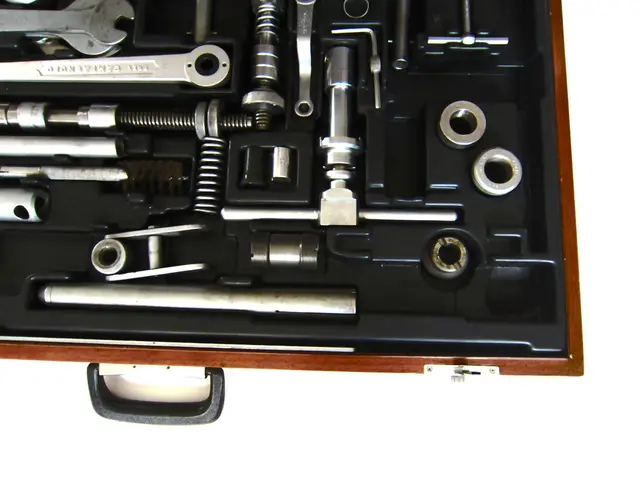Lithium-Ion Battery Safety: Charge, Store, Dispose Wisely
Lithium-ion batteries, powering our daily lives from smartphones to electric vehicles, require careful handling and disposal. Here's how to ensure safety and prolong their lifespan.
Lithium-ion batteries are ubiquitous, yet their improper use and disposal can lead to fires and gas releases. To extend battery life, charge them to 80 percent and avoid full discharges. At home, follow manufacturer's guidelines and store batteries cool, dry, and well-ventilated, away from heat sources and flammable materials.
In the workplace, companies must implement safety measures. Damaged batteries should be removed immediately. Specialized safety containers are available, such as RETRON's fireproof containers, asecos' safety cabinets with fire detection, and Cemo's modular, fire-resistant solutions. The BG ETEM offers online resources like risk assessments and training to aid companies in ensuring battery safety.
Proper care and disposal of lithium-ion batteries are crucial. By charging them wisely, storing them safely, and using specialized containers, we can prevent accidents and prolong battery life. Always follow manufacturer's instructions and dispose of old or broken batteries at designated collection points.
Read also:
- Emergency services of the future revealed by Renault with the introduction of the Vision 4Rescue vehicle.
- Inverness & Cromarty Firth Green Freeport to Create 11,300 Jobs, Attract £6.5BN Investment
- Artificial Intelligence Shaping Political Campaign Advertisements
- European consumers are on the brink of experiencing a significant leap forward in electric vehicle (EV) charging technology, as Chinese automaker BYD prepares to unveil its innovative advancements.








